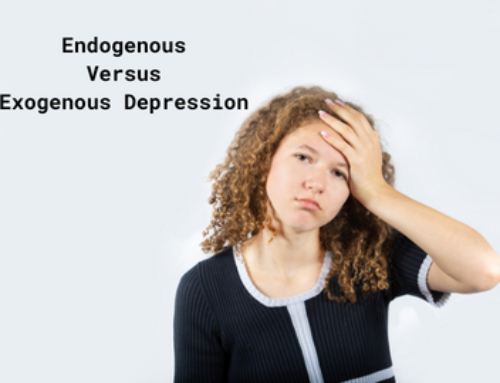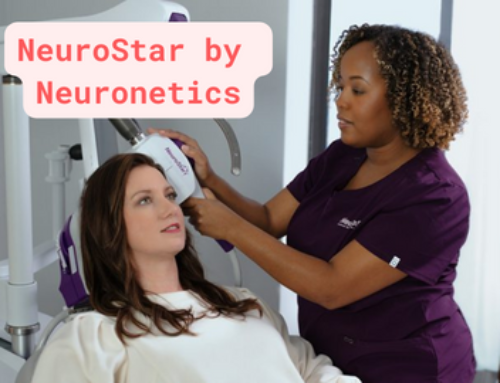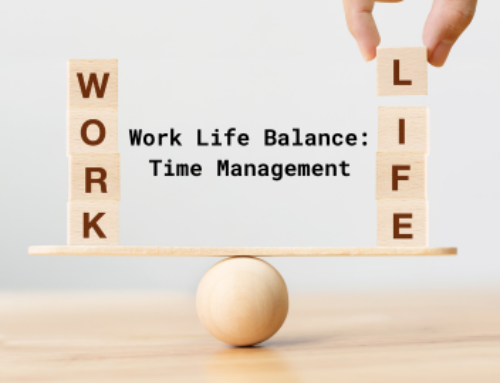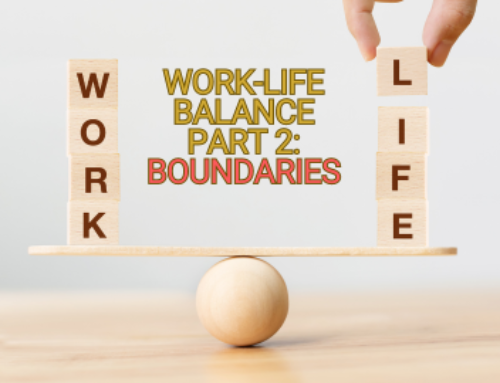What is Psychotic Depression?
First, we’ll define what psychosis is. Psychosis manifests mainly in two ways—hallucinations and delusions. When someone is having a hallucination, they may experience false stimuli that affects any or all of the senses, but audio hallucinations are particularly common. Hallucinations can be complex, compelling, and are often indistinguishable from reality to the sufferer.
A delusion is a thought pattern or belief held by a person that does not mesh with reality. Delusions that accompany depression with psychosis tend to take a negative turn, such as the belief that one is being stalked by entities with ill intent.
Presentation and Comorbidities
Psychosis is most often comorbid with severe forms of depression, often present with trauma and severe stress. The patient experiences intense suffering and has great difficulty going about their life as they would like to do. Physical symptoms can also exist, like inability to relax, or alternatively, lethargy. Despair and feelings of guilt are common, which, when combined with hallucinations and/or delusions, make for a terrifying existence that can easily lead to suicidal ideation.
It is absolutely essential for mental health professionals to maintain a proactive presence when treating depressed patients showing symptoms of psychosis. Always be completely honest with your physicians when seeking treatment for any ailment and explore the options available to you.
Treating Psychotic Depression
Depression with psychosis can be treated with forms of treatments used on other types of depression, but greater attention and specialization may be required. Each patient is different and deserves the right combination of treatments to help them live freely.
- Therapy with professionals qualified to help with symptoms of psychosis. Cognitive Behavioral Therapy (CBT) is of particular benefit, as it educates the patient to recognize untrue thoughts and develop solid habits and coping mechanism to make life more stable.
- Medications including antidepressants and antipsychotics, closely monitored with the help of a psychiatrist.
- Social support is extremely important for sufferers of psychotic depression. Patients need to be sure that they are around people who care about them and have their best interests in mind. If the sufferer fears those who would otherwise be their support structure, they may not be able to get treatment.
- Neuromodulation can be helpful to those suffering from depression with psychosis. Neuromodulation treatments include Transcranial Magnetic Stimulation (TMS), Electroconvulsive Therapy (ECT), and Deep Brain Stimulation (DBS).
- If a patient is or feels that they are a threat to themselves or others, it can be necessary to seek accommodation in a hospital or related mental health facility for a limited amount of time or until stability is achieved.
Reach Out
If you or a loved one are suffering or have any questions about mental health, contact us any time. Check out our blog for related reading and our services page to see more about what we do.





